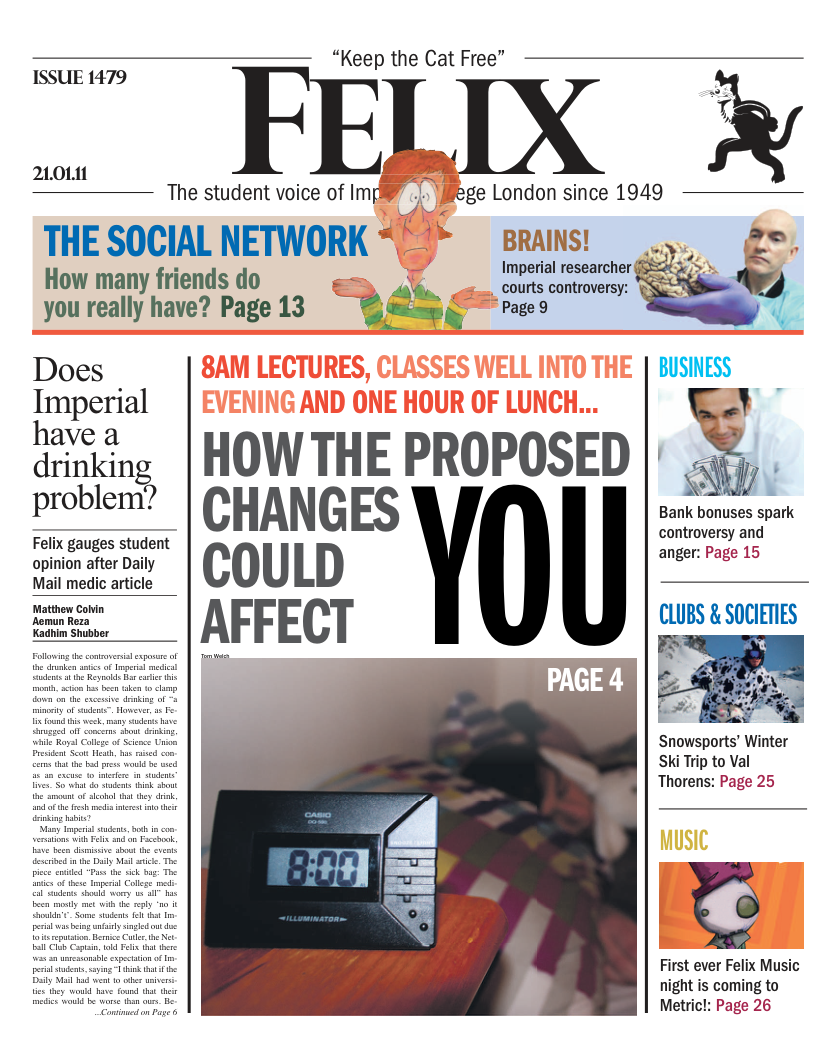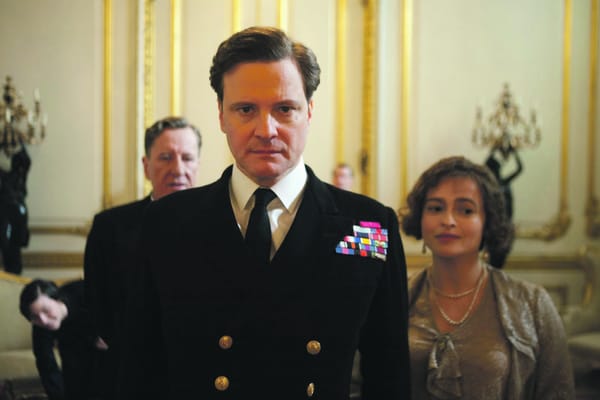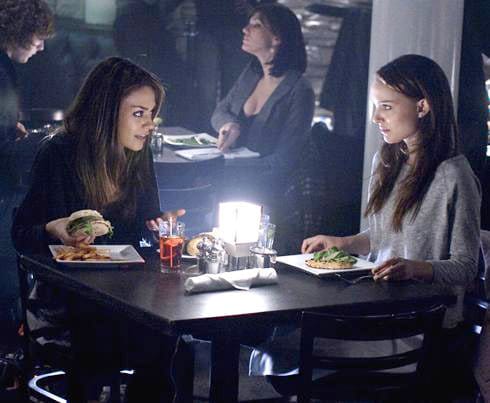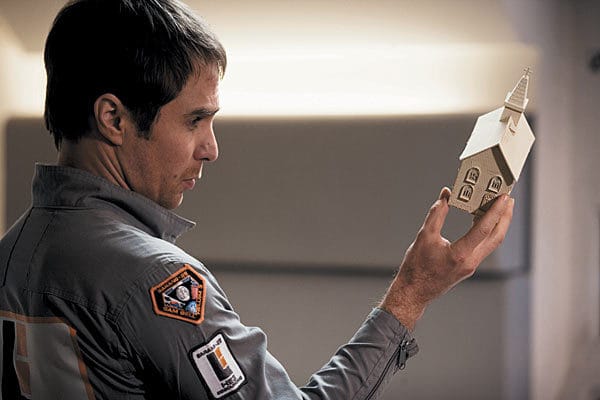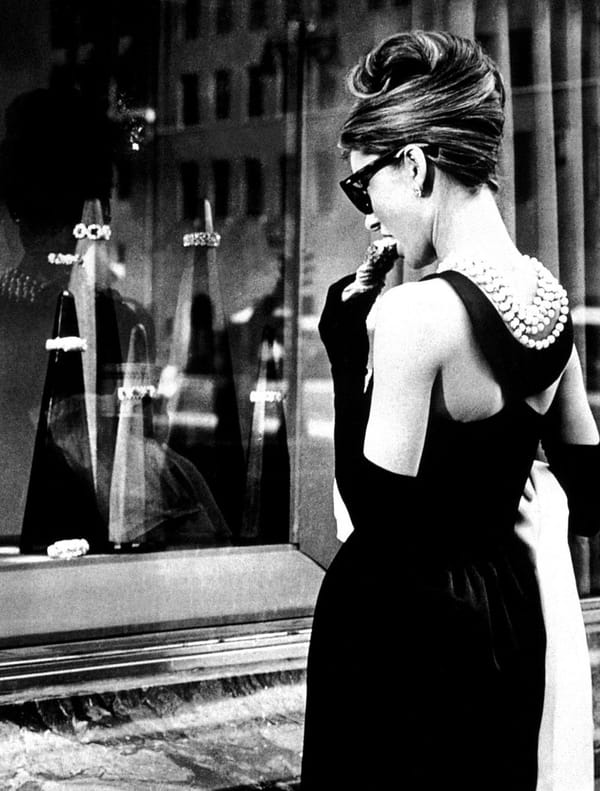Director Profile: Danny Boyle
A look at one of Britain's most important directors
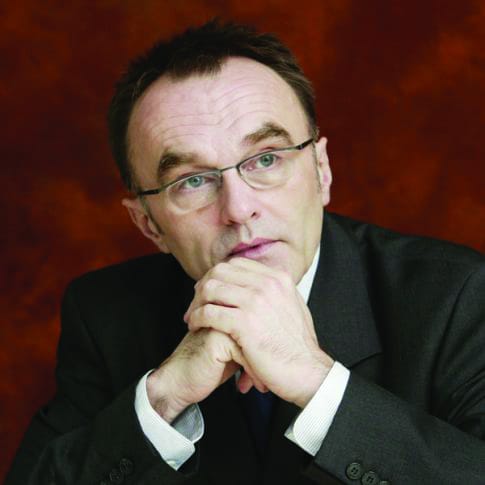
The creative void of the ‘80s in cinema did not leave British cinema unaffected. The ‘Carry on…’ films and Hammer Horror series had fizzled out aons ago and the legacy of Ken Loach and Lindsay Anderson’s Kitchen Sink dramas still left a stale aftertaste of gritty misery on British filmmaking. However as shoulder pads and big hair were quickly discarded in favour of baggy t-shirts and high waisted jeans and electro and disco mutated into the craziness of rave music; a special talent emerged to help re-energize the wayward film scene and pull it out of the doldrums. That talent was Danny Boyle and now a household name, his distinctive style and ability to transcend genres hadn’t been seen since the golden days of Stanley Kubrick.
It was obvious from the opening of Boyle’s debut film Shallow Grave that this director was special, a furious and dizzying display of the streets of Glasgow accompanied by a blistering acid techno track composed by a then unknown Leftfield. Boyle would persue his affinity for dance music in later films, helping launch the careers of Underworld by featuring their famous Born Slippy track in the iconic ending of Trainspotting.
Danny Boyle was born to an Irish family in Lancashire in 1956. His strict Catholic upbringing was a direct influence on the morality of characters in many of his films and was directly addressed in brilliant but underappreciated Millions. Dissuaded from joining a seminary by a priest, Boyle eventually cut his teeth directing plays in London and producing programmes for the BBC instead of learning his craft at film school.
To say that Shallow Grave was a breath of fresh air is an understatement; it launched the careers of Christopher Ecclestone and Ewan McGregor and became the most successful British film of 1994. The unnerving atmosphere of the black comedy was achieved with minimal dialogue, disjointed editing and unusual camera shots maximising the impact of shadows. Boyle casted Ewan McGregor again in the adaptation of Irving Welsh’s Trainspotting, the film that came to symbolise Tony Blair’s ‘Cool Britania’. The combination of snappy editing, surreal montages, fast camera work and an excellent soundtrack twisted audiences into enjoying what was essentially a horrendous tale of how hard drugs ruin lives.
With the reputation of being the hottest director in England, it was inevitable that Boyle would be snared by Hollywood and reunited with his regular screenwriter John Hodge he headed to Thailand to film The Beach. It was his first flop, universally panned by critics. The Beach suffered from studio interference and a miscast Leonardo di Caprio, who was flown in to replace Ewan McGregor who had fallen out with the director.
It took only two years for Danny Boyle to bounce back and single handedly reinvent the forgotten zombie-apocalypse drama with 28 Days Later. Shooting many sections on digital and starring newcomers Cillian Murphy and Naomie Harris alongside Christopher Ecclestone, 28 Days Later was soon declared a horror classic. The mesmerisings scenes of a hospital robe-attired Cillian Murphy wandering hopeless amongst a desolate central London ravaged by rage-inflicted zombies is timeless. Buoyed by the success of 28 Days Later, Boyle made his most personal film, Millions. It dealt with the moral dilemma of finding a large amount of money and the innocence of children and was a critical triumph.
Sunshine reunited Boyle and Cillian Murphy for second time. Murphy, having been elevated to star status with roles in Batman Begins and The Wind That Shakes the Barley, could not rescue the film from being a commercial flop. However Danny Boyle eventually joined the ranks of superstar directors when Slumdog Millionaire took eight Oscars in 2009 including best film and director. 127 Hours, reviewed below, is the second outing of Boyle’s with writer Simon Beaufoy and looks to be his most successful film yet after winning a slew of accolades from the critics. Alfred Hitchcock’s crown of being the greatest British director of all time looks ever more precarious with each film of Danny Boyle’s.

